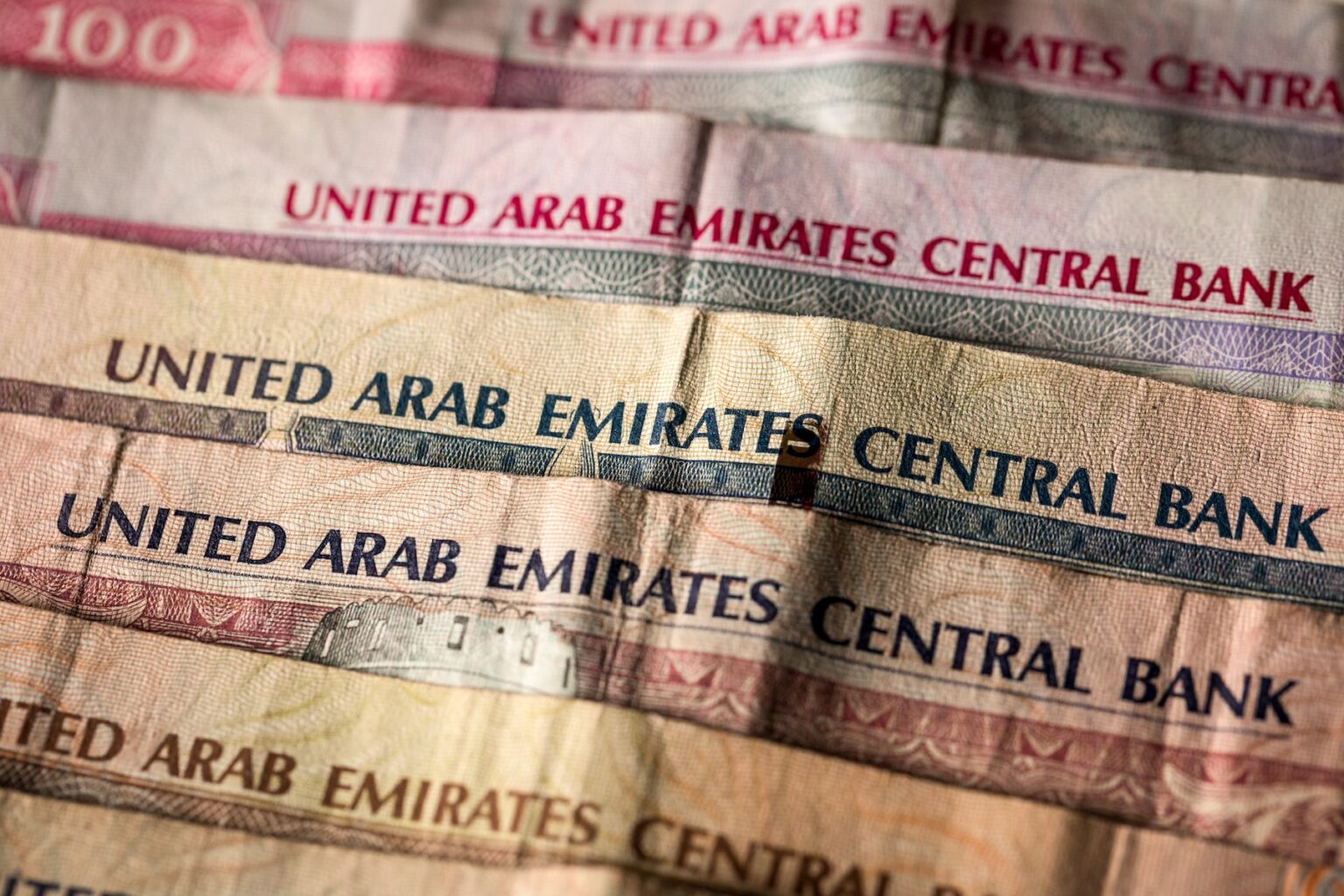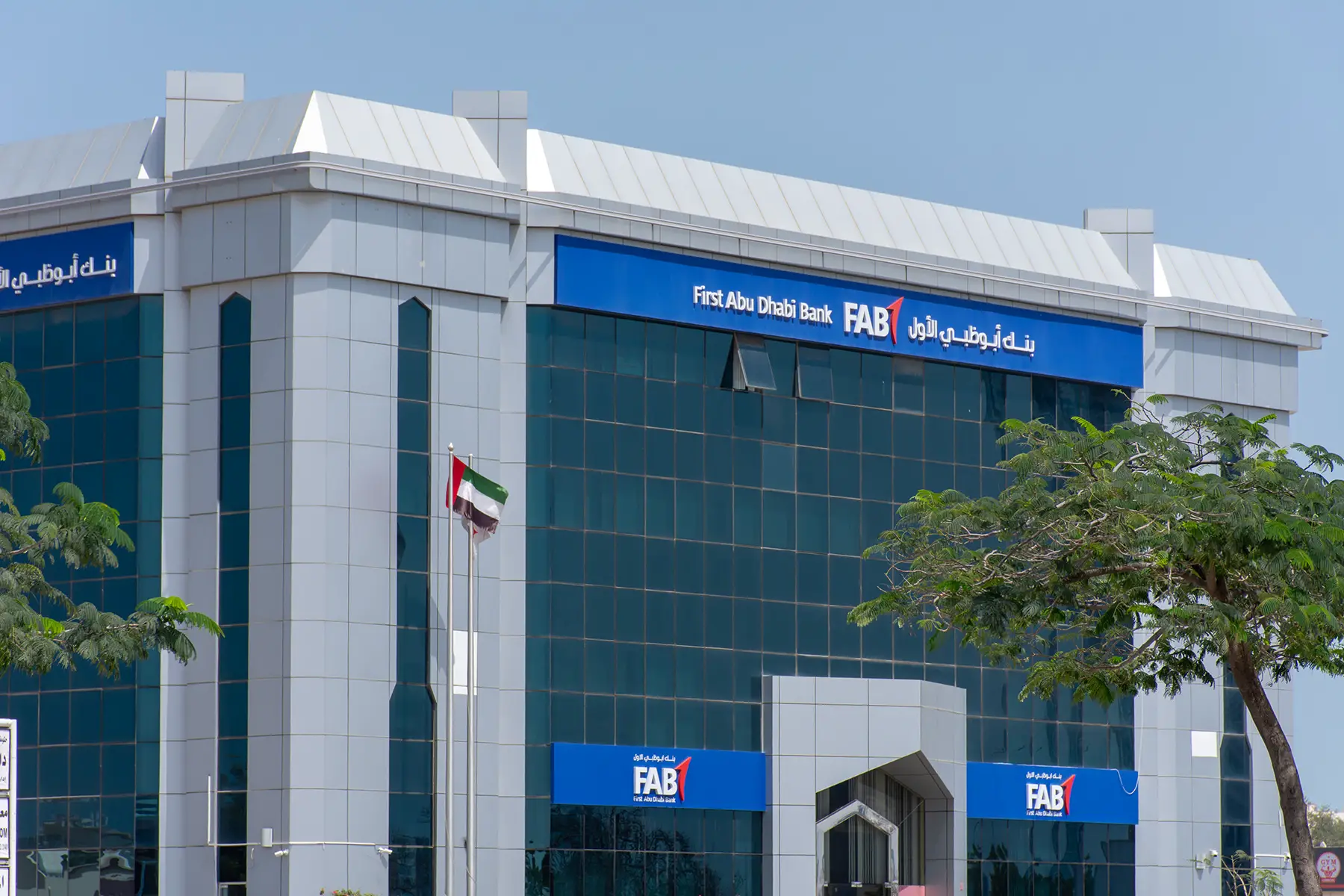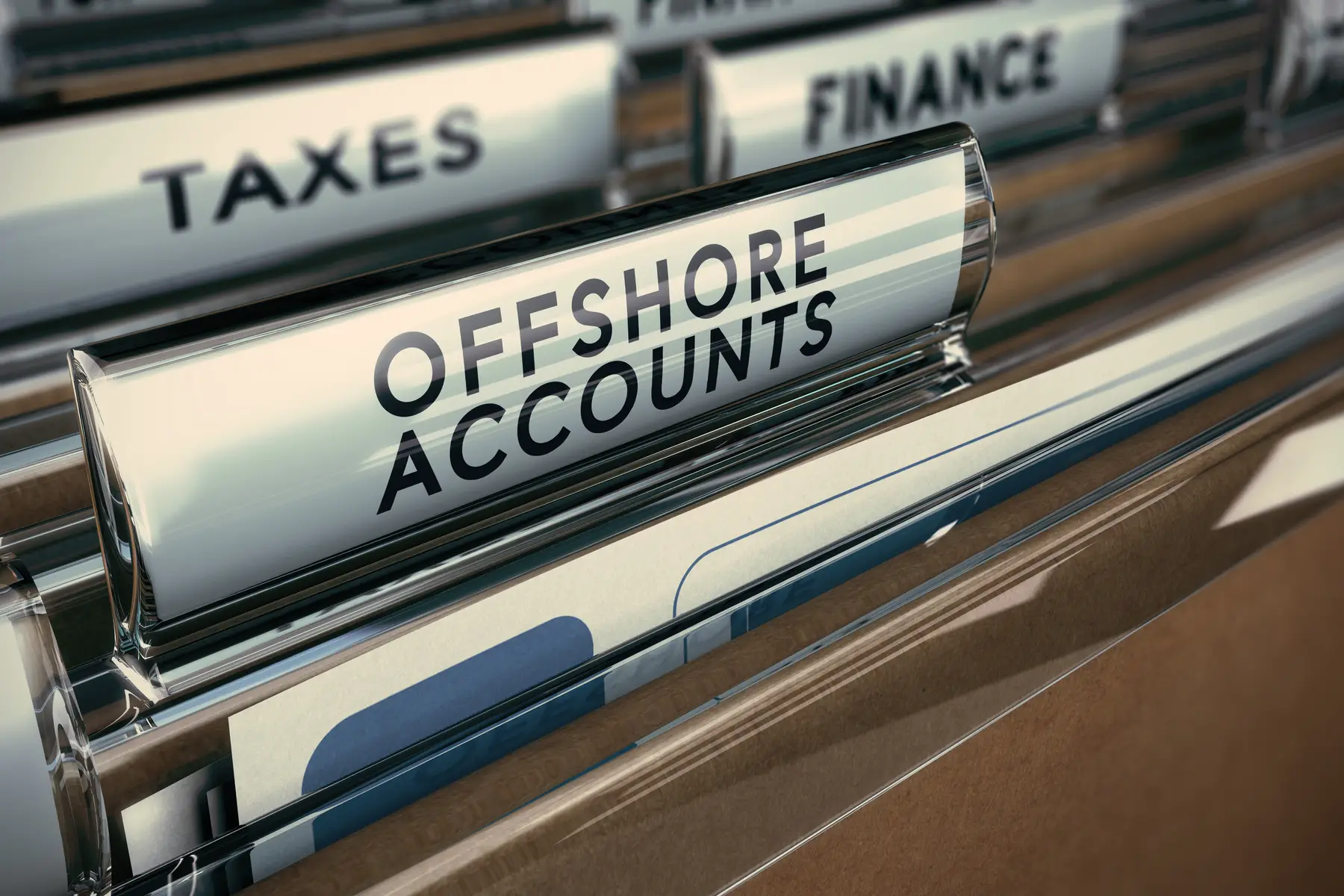As you might expect from a major global financial hub, the UAE boasts an advanced banking industry. Banks in the UAE are quick to embrace new developments, from blockchain to artificial intelligence.
Expats living in the country naturally benefit from this proactive approach. It isn’t uncommon for bank officials to visit residents in their homes or offices to facilitate financial transactions. Digital and mobile banking are also popular, and there is a wide network of ATMs across the country.
This guide offers an introduction to banking in the UAE, including a primer on currency and payment technologies. It includes the following sections:
- An overview of banking in the UAE
- Currency in the UAE
- Cash machines and ATMs in the UAE
- Banking in the UAE
- Banking services in the UAE
- Opening a bank account in the UAE
- Payment methods in the UAE
- Bank account charges
- Offshore banking in the UAE
- Banking security and fraud in the UAE
- Making a complaint about banks in the UAE
- Alternatives to banking in the UAE
- Useful resources
CurrencyFair
If you’re moving money abroad, check out CurrencyFair. This well-known peer-to-peer currency exchange platform provides competitive rates, low fees, and transparent transactions. Experience efficient, cost-effective international transfers by joining CurrencyFair today.
An overview of banking in the UAE
As a tranquil investment destination, people often refer to the Emirates as the Switzerland of the Middle East. This is largely due to the ease of banking in the UAE. Indeed, an increasing number of ultra-high-net-worth individuals now consider the country a safe haven. More of the world’s wealthiest could move their funds there over the next decade, according to New World Wealth and The Wealth Report.
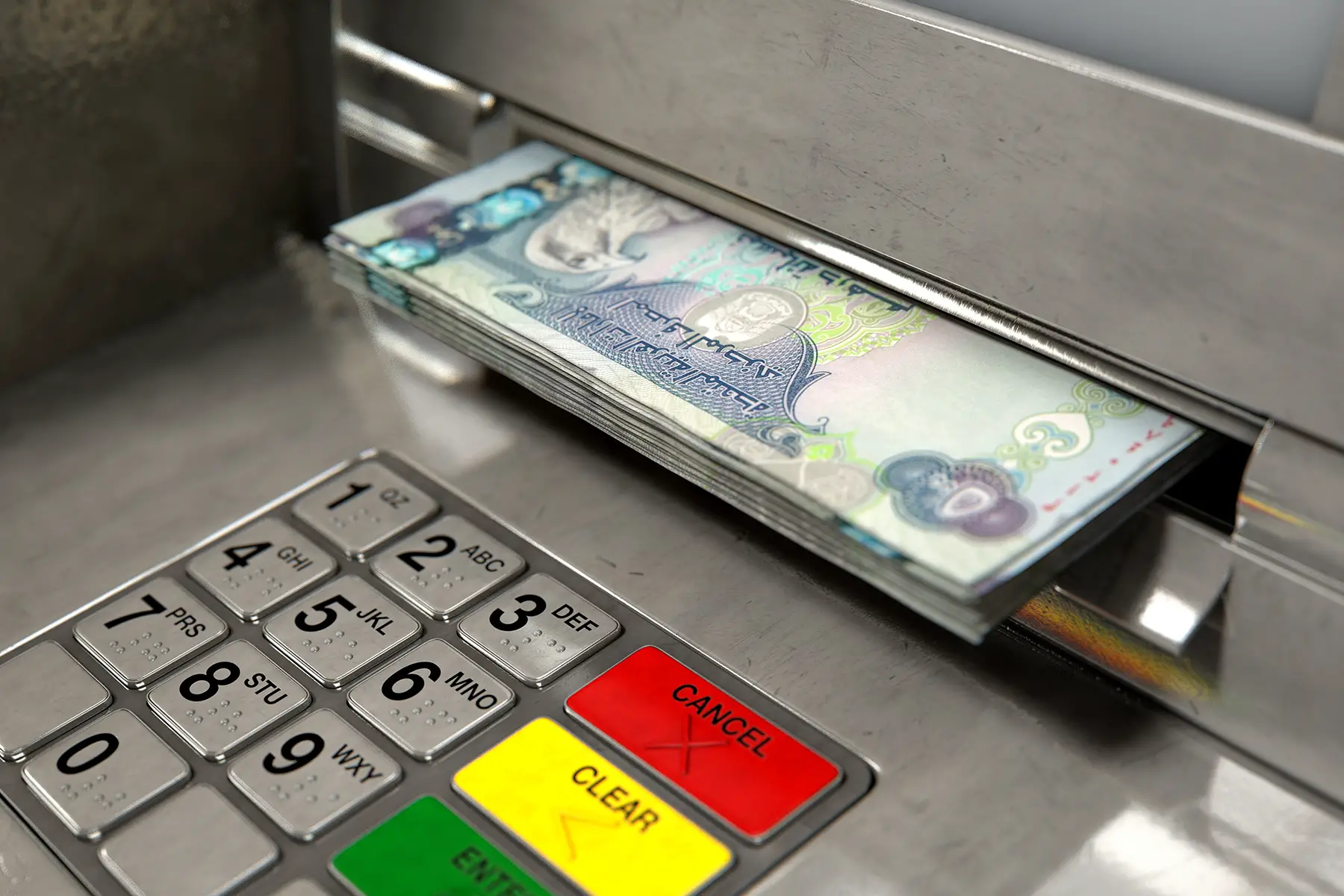
Many analysts consider the onshore banking sector overcrowded, considering the size of the population. Some 52 local and foreign banks operate there and are members of the UAE Banks Federation. Of these, 22 are national banks. The UAE Central Bank monitors all banking activities and regulates new business and the adoption of new technologies.
Strong recovery and projection
The global financial crisis in 2008–2009 hit banks in the UAE badly, thanks to their exposure to foreign account holders. However, they have since recovered – Moody’s now rates the sector as stable thanks to its resilient financial fundamentals. While primarily deposit funded, UAE banks boast strong liquidity buffers. Furthermore, the government’s willingness and capacity to support local banks remain high. Banks in the UAE posted strong profits in the first half of 2019; although government and semi-government entities were principally responsible for that performance. As of July 2019, gross bank assets stood at AED 2.9 billion, according to central bank statistics. In total, financial and insurance activities contribute approximately 8.6% of the UAE’s GDP.
UAE banks have adopted several global standards; such as the International Accounting Standard, the International Financial Reporting Standards, and most recently, the capital adequacy regulations in line with Basel III regulations. As of 2011, International Bank Account (IBAN) numbers have been mandatory for all account holders in the UAE to conduct any local or international transactions.
A range of services is available to those banking in the UAE. Between locally established and foreign financial institutions, there are four types of banks in the country:
- Commercial banks
- Investment bank
- Industrial banks
- Islamic banks
Currency in the UAE
The seven constituent emirates use the UAE dirham as legal tender. The term dirham has the official abbreviation AED, or more commonly, Dh or Dhs. Each dirham consists of 100 fils. As with other Persian Gulf currencies, the dirham has been permanently pegged to the US dollar; at an exchange rate of AED 3.67 to US$1. Put another way, AED 1=US$0.272294 approximately. As of December 2022, the UAE was officially trading at AED 3.804517 to €1 and AED 4.402421 to £1.
The dirham dates to two years after the federation of the UAE. It was first introduced on 19 May 1973, replacing the Qatar and Dubai riyal at par. The Qatar and Dubai riyal had circulated since 1966 in all the emirates except Abu Dhabi, where the dirham replaced the Bahraini dinar at 1 dinar = 10 dirhams. Before 1966, the emirates that later became the UAE used the Gulf rupee, issued by the Reserve Bank of India, and equivalent to the Indian rupee.
The UAE Currency Board issues bank notes. These are currently available in denominations of 5 (brown), 10 (green), 20 (light blue), 50 (purple), 100 (pink), 200 (green/brown), 500 (navy blue) and 1,000 (greenish blue) dirhams. Coins are available in denominations of 25fils, 50fils and AED 1.
Some of the larger supermarkets and stores will accept the US dollar and the Saudi riyal as tender. In such cases, exchange rates are likely unfavorable to the customer.
Cash machines and ATMs in the UAE
As a trading economy, access to cash is readily available across the seven emirates. There were 5,261 ATMs in the UAE as of 2018, with a network that covers malls, shopping arcades, community centers, and local and side streets.
Most account holders can easily withdraw cash from any ATM on the local UAESwitch network when banking in the UAE. However, customers must pay AED 2 per withdrawal at another bank’s ATM. Most banks publish an ATM network map on their website. ATMs in the UAE typically dispense notes of AED 50 and above.
Banking in the UAE
As of April 2017, more than 85% of the total gross assets of the sector and 90% of the network of branches belong to the 22 licensed local banks. In fact, the five biggest banks in the UAE account for about 60% of the sector’s assets between them.
Customers can choose how to manage their money and finances with Emirati banks, whether over the counter or remotely via the internet. Nearly every bank in the UAE offers internet banking, while phone banking is commonplace and widely available. At the same time, customers who want to interact with a real person can do so either at a branch or service counters at prominent malls and other locations around the country. Banks in the UAE have a large footprint and are in a good position to serve the customer.
Banking hours are 08:00 to 15:00 from Saturday to Wednesday, and 08:00 to 12:00 on Thursday, and like other businesses, close on Fridays.
Major banks in the UAE
The most prominent local banks in the UAE are:
First Abu Dhabi Bank: The merger of the National Bank of Abu Dhabi and First Gulf Bank created the largest bank by assets. Its branches extend across the UAE, including the Saudi and Omani borders. Thanks to a relationship with Etihad Airways, some account holders can earn air miles with the Abu Dhabi-based airline on every FAB transaction.
Emirates NBD: The largest banking group in the Middle East has its headquarters in Dubai and currently manages 221 branches and 1,023 cash machines in the UAE and overseas. It operates through different business segments, including retail banking and wealth management, wholesale banking, Islamic banking, international, and information technology and operations. It is consistently among the first to embrace and launch innovative services such as robot assistants and a 60-second money transfer service.
Mashreq: As one of the oldest private banks in the UAE, Mashreq was founded in 1967 in Dubai. An associated company of the HSBC Group, the bank operates around 45 domestic branches and 20 international branches. Mashreq provides retail banking, commercial banking, investment banking, Islamic banking, brokerage services, and asset management services.
Islamic banking in the UAE
Given its strong focus on the global Islamic economy, the UAE’s Islamic banking sector is generally of a high standard. There are eight Islamic banks in the UAE and 23 Islamic windows; conventional banks in the UAE run these. Collectively, these account for 19% of the total banking sector assets.
The major Islamic banks in the UAE are:
Dubai Islamic Bank: Established in 1975 and headquartered in Dubai, the bank serves approximately 1.7 million customers and has a network of 90 branches across the country. It operates and corporate banking division as well as real estate development, treasury, and other business segments. In July 2019, it acquired Noor Bank, another Islamic financial institution in the country, and is now the fourth-largest bank by assets in the UAE.
Abu Dhabi Islamic Bank: Although only set up in 1997, the Abu Dhabi-based bank has an international network that extends to Egypt, Iraq, Saudi Arabia, and the UK. The bank’s activities span global retail and wholesale banking, private banking, real estate, and the treasury business.
International banks in the UAE
In total, 26 foreign banks operate in the UAE. Many of these licenses date from before the establishment of the UAE Central Bank. Seven are from the UK, France, and the US, while the rest of the foreign banks are from the Middle East, North Africa, and South Asia. Among those that offer personal banking services are HSBC, Citibank, Standard Chartered, Bank of Baroda, and Habib Bank AG Zurich.
Others, such as Société Générale and Barclays, offer specialized services in other areas. All must comply with local regulations as laid down by the UAE Central Bank. As such, they follow common rules concerning operating hours, maximum fees, and safety procedures, but may have their own regulations about minimum balances.
Between them, foreign banks in the UAE operate 86 branches. This is largely because they have a limit of eight branches each. They compensate for those limits with service counters at high-density locations such as popular shopping malls.
Investment banks in the UAE
Investment banking in the UAE is possible via several international and local financial institutions. The market for advisory and asset-management operations comprises a range of smaller international players operating alongside major local and global wholesale banks. These cater to retail and corporate customers, with varying minimum requirements.
The major investment banking players with operations or representative offices in the UAE include HSBC Financial Services, Emirates Investment Bank, Shuaa Capital, Allied Investment Partners, Credit Suisse, Morgan Stanley, Bank Julius Baer, Pictet & Cie, and UBS.
Digital banking in the UAE
Those banking in the UAE will find it easy to operate their accounts online or via smartphone apps. Nearly every major bank has an online presence, and some, such as Emirates NBD, offer virtual assistants to help with online transactions.

Banking in the UAE is also possible entirely within a digital ecosystem. Two mobile-only banks offer all their services within a smartphone app. They are Liv, backed by Emirates NBD, and Neo, powered by Mashreq. Both allow you to open accounts online within a few hours. Once you have downloaded the app, scanned your Emirates ID, and topped up the account, a local delivery service will contact you within a day and drop off your new debit card. You will also receive an IBAN account number and a Swift code; therefore transferring to and from any other bank account is possible almost immediately.
Banking services in the UAE
Expats banking in the UAE can expect to use the following services.
Hold an account
Current accounts: Most retail banks in the UAE offer a range of everyday accounts. These include standard accounts and products for students and young people, as well as joint accounts for families.
Savings accounts: Many expats in the UAE also hold savings accounts when banking there. These typically offer a higher interest rate but do not come with checkbooks.
Investments and loans
Loans and overdrafts: Customers banking in the UAE can take out personal loans easily, whether to buy a car or a home or to consolidate debt. Most banks also offer short-term and long-term overdrafts.
Mortgages: With the UAE’s property market largely oriented towards expats and foreigners, many banks offer mortgage loans including to first-time buyers who meet their criteria.
Investments: Retail banks in the UAE offer a range of different investments, including funds, bonds, shares, and insurance-linked pension plans. However, minimum balances apply.
Forms of banking
Digital and online banking: Internet banking is available through most banks to customers who want a more convenient way of keeping track of their finances.
Mobile banking: The main banks in the UK now offer mobile banking apps so that customers can access accounts and make payments from their mobile phones and tablets. There are also specific mobile-only banks.
Business banking: Banking solutions for those who have their own companies in the UAE are generally restricted to bank account services.
Money transfer: Thanks to relationships with correspondent banks, a range of banking providers in the UAE offer easy money transfer services between different countries.
Opening a bank account in the UAE
It is easy to open a bank account in the UAE. However, the process can take anything from a day to a couple of weeks, depending on the type of account. In general, once you’ve got your residence visa, you can log onto a bank’s website or call their hotline and request a new account. An agent will usually come over to your office or home within a day or two to enable the process.
It is also possible to open a UAE savings bank account before you arrive, but such accounts carry minimum balance requirements up to AED 100,000. It is therefore advisable to wait until you are in the UAE and have your residence visa stamped in your passport before opening a bank account. Our guide to opening a bank account explains the process in more detail.
Payment methods in the UAE
There is a range of different payment methods available to those banking in the UAE.
Cash: Still a popular way to pay in the UAE, cash remains essential for small purchases under AED 10 and minimum-fare taxi rides.
Checks: Checks remain an important payment instrument in the UAE. They are essential for new rental contracts and as security for credit cards and loans. Bounced checks are considered a criminal offense punishable by prison sentences.
Payment cards: Debit and credit cards appear to have taken over from cash in the UAE in recent years. Some 84% of respondents in a recent survey of shoppers said cards were a more secure way of paying for purchases. It’s now possible to pay by credit or debit card across the country, including at corner stores, gas stations, and in taxis.
Direct debits and standing orders: Those banking in the UAE can use direct debits and standing orders to pay bills, such as utility or mobile phone charges. As of 2018, banks in the UAE have enabled direct debits for rent payments. Although standing orders have been operational for some years now, you can only change the amount by first canceling a previous order and then creating a fresh one.
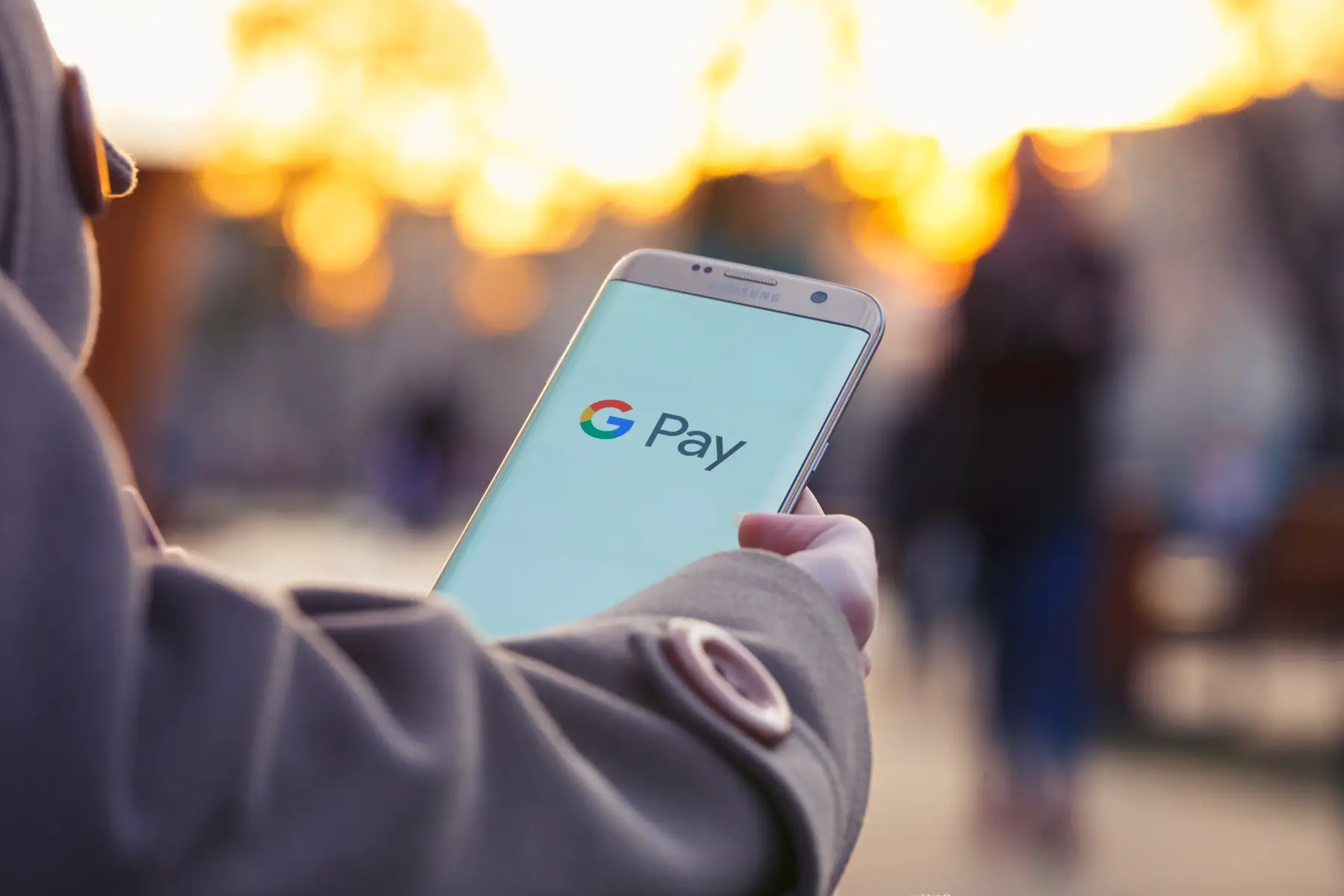
Online and mobile payments: When shopping or paying bills online in the UAE, payments are principally made using credit and debit cards, and the e-dirham (for government services). In recent years, services such as PayPal have become more popular.
Digital wallets: As a high-consumption economy, the UAE was one of the world’s first countries to embrace digital wallets such as Apple Pay, Google Pay, and Samsung Pay. These mobile payment platforms aim to streamline payments for consumers by combining cash, credit and debit cards, and gift cards in a single smartphone app. The UAE has a wide network of point-of-sale systems that support near-field communications for immediate, contactless transactions. Most are free to use.
Money transfers
Local money transfers: Local money transfers between UAE banks can be effected within a day or two once you have added a beneficiary to your account. Depending on where you are banking in the UAE, this process can take a day or two. Not all local transactions are free, and some banks may ask for recipients’ Emirates ID and passport copy to avoid money laundering.
International money transfers: With nearly 200 nationalities living in the country, most banks in the UAE offer international remittance services. To transfer money to overseas accounts using different currencies, you will need the IBAN (international bank account number) and the recipient’s SWIFT or BIC (bank identifier code). Many local banks have correspondent relationships with institutions in other countries, so depending on where you want to move your money, it’s worth checking about these. Free transfers to some countries, such as India, are considered the norm.
There are also alternative money transfer solutions to banks which can sometimes offer easier and cheaper international transfer options. Several money exchange companies, such as UAE Exchange, Al Ansari Exchange, and Lulu Exchange operate across the country, with branch counters at different malls.
In addition, there are several international online services. However, before using any transfer service, it is advisable to compare exchange rates and fees to find the cheapest option for your international money transfers.
The largest international money transfer companies used in the UAE are:
- CurrencyFair offers international money transfers to over 150 countries. They have exchange rates up to eight times cheaper than the banks, helping you avoid excessive bank fees.
- Wise is an international money transfer provider available in 59 countries that offers transfers between cross-border bank accounts up to eight times cheaper than traditional banks.
- XE is an online currency exchange platform providing live rates and low-fee transfers in over 170 currencies.
Bank account charges
Transaction fees when banking in the UAE are standardized to prevent financial institutions from overcharging their customers. In line with UAE Central Bank regulations, banks in the Emirates are also required to publish any charges levied on all corporate and retail-related products.
As of the most recent update in 2018, these fees are capped as follows:
| Account opening fees | None |
| Minimum balance | Maximum of AED 5,000 |
| Monthly minimum balance penalty | AED 50 |
| Using another (local) bank’s ATM in the UAE | AED 2 |
| New checkbook | AED 25 (the first one is free) |
| Manager’s check issue fee | AED 30 |
| Account balance letter | AED 50 |
| No liability certificate | AED 60 |
| Release letter | AED 50 |
| Bounced check fee | AED 100 (no charge if written to yourself) |
| Account closure fee | AED 100 |
Offshore banking in the UAE
As an expat haven, offshore banks from jurisdictions all over the world offer representations in the UAE, particularly in Dubai. Anyone with a valid residence visa in the UAE can open an offshore bank account to import and export funds.
There are several advantages to offshore bank accounts and depending on your circumstances, you might want to explore these further. Essentially, anyone that works abroad, spends a lot of time in more than one country, or frequently transfers money between countries can benefit from having an offshore account. Many offshore accounts also come with distinct financial and legal advantages, such as lower tax rates.
Offshore banking is generally considered to be stable, reliable, and secure. And in the UAE, it encompasses a range of services, including asset protection, private bank accounts, wealth management, portfolio management, tax consultation, inheritance planning, and company formation. Some of the major banks are HSBC Offshore, Abbey National Offshore, ABN Amro, Dresdner, and Barclays.
Banking security and fraud in the UAE
From smishing to phishing, the UAE has witnessed several types of bank fraud. In fact, there were over 800 cyberattack cases in Dubai in the three years to June 2019. Authorities and banks in the UAE have invested heavily over the years in numerous public awareness campaigns to educate customers about cyber fraud and strict laws to penalize cybercriminals have since been enacted.
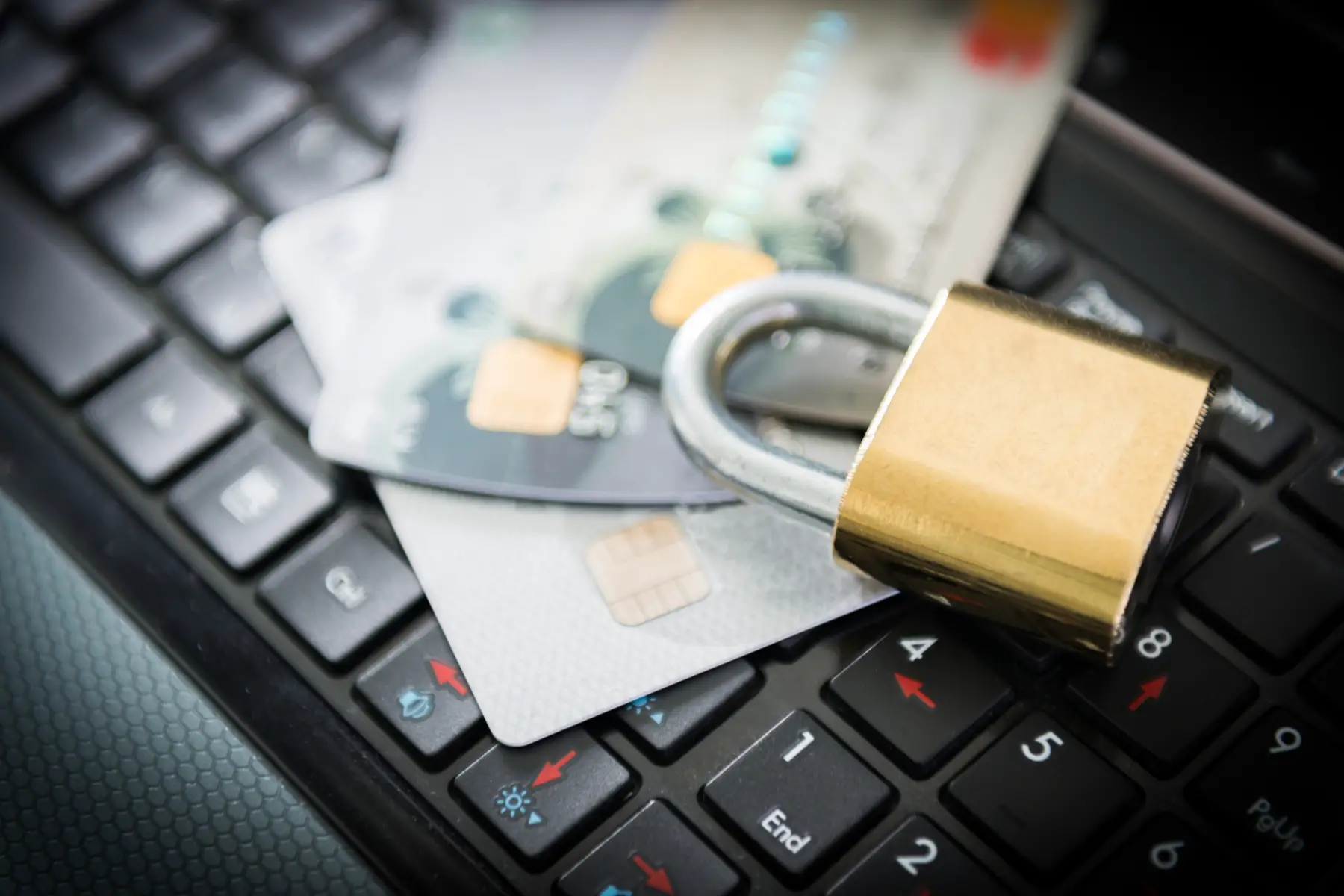
Credit card fraud remains the most common issue in the UAE. More than a quarter of UAE residents reported being a victim over a five-year period, according to a 2016 study by ACI Worldwide.
Types of bank fraud
- Phishing: Unsolicited e-mails that appear to be from a bank or retailer asking for sensitive information.
- Smishing: The text message equivalent of phishing, where fraudsters falsify their telephone number, so it appears genuine.
- Vishing: When fraudsters make a phone call pretending to be bank staff, police, or government officials. They usually seek personal details or a transfer of ‘bank fees’.
- SIM Swap: When your mobile SIM card is duplicated without your knowledge in order to conduct financial transactions with your bank.
- Identity theft: Obtaining and illegally using your confidential information, such as via social networks or bill statements.
- Prize scams: When impostors pretend to represent banks, utility providers, or local organizations and contact victims with “news” of a cash prize that requires the sharing of confidential banking details or a “transaction fee”.
Most banks and payment technology companies, such as Visa and MasterCard, now issue chip-enabled payment cards that cannot be skimmed. An added layer of security prompts customers for a one-time password (OTP) that is sent to their mobiles when paying for goods and services online.
In January 2019, the UAE Banks Federation launched security improvements to the check verification process to tackle checkbook fraud. These include enhanced encryption technology and increasing the use of QR codes; where a unique code is printed on each leaf of newly issued checkbooks.
By and large, consumers bear the brunt of bank fraud in the UAE. Besides taking security measures such as strong passwords and security software, they are also advised to sign up for SMS and email alerts when banking in the UAE. That way, they can be alerted to unusual transactions within minutes of their occurrence.
Dealing with bank fraud in the UAE
Alert your bank as soon as you notice a fraudulent transaction. If you spot an erroneous transaction on your bank statement, you must report it within 30 days. The bank may ask you to fill in and fax them a form or letter and will then investigate the issue. The process may take up to 90 days. The bank may also ask for documents that will help your case, such as receipts, confirmation emails, or text messages related to the fraudulent transaction.
You should immediately change your bank passwords, and if the bank asks, file a police report.
Lost or stolen bank cards in the UAE
Banks in the UAE are well equipped to handle lost or stolen cards. Although it depends on the card provider, new cards are generally issued within two to five working days. Call your bank or credit card company as soon as you notice a lost card and ask for it to be blocked. You will in all probability need to file a police report, whether you are at home or abroad.
Some credit card providers and banks in the UAE offer insurance protection, but this usually only kicks in if you report the issue within 48 hours of discovery.
In the final analysis, resolving issues of frauds remains a lengthy and somewhat tedious process for those banking in the UAE. As the UAE newspaper The National reports, fraud victims must pay the disputed amounts, however large, until the issue is resolved and the money reimbursed.
Making a complaint about banks in the UAE
If you are unhappy with the service received when banking in the UAE, you should first try to resolve the issue directly through the bank’s complaints department. If the complaint is already in court, you will need to wait for the court’s decision before proceeding.
You may, however, sometimes wish to escalate matters to the UAE Central Bank. As the regulatory authority over banks and other financial institutions, it will oversee your complaint. A form is available on its website. On the other hand, you can complain in person by visiting any one of the Central Bank branches in Al Ain, Dubai, Sharjah, Fujairah, or Ras Al Khaimah. A third way to complain is by phone: the toll-free number for the UAE Central Bank’s Consumer Protection Unit is 800 CBUAE (800 22823). You will be given a reference number, and the Central Bank will update you via email or SMS once they have made a decision.
Alternatives to banking in the UAE
The UAE’s networked economy and transactional business environment make it easy to operate your finances via an international account.
You will find it easy enough to withdraw any cash you need from local ATMs using an international card. However, you will usually be charged for each transaction. Fees on international cards can range to AED 25. By contrast, paying directly for your shopping with an international credit or debit card is easier – if you are comfortable with the fees that your lender may levy. UAE retailers accept a wide range of card associations, including Visa, Mastercard, American Express, and China Union Pay. However, it’s best to use cash for some transactions, such as short taxi fares or small purchases.
Expats working for local companies or on contracts beyond a few months will benefit from banking in the Emirates. In addition, local creditors may not be willing to transfer money overseas because of the high fees involved. Over the longer term, it’s easier to bank in the UAE rather than use an overseas account.
If you do want to use a bank account in another country, though, it’s entirely possible. Call your bank to find out about limits on transfers or withdrawals, and any other issues. Chances are, there may not be any issues at all.
Useful resources
- Central Bank of the UAE
- Yallacompare – a banking comparison website
- Souqalmal – a banking comparison website
